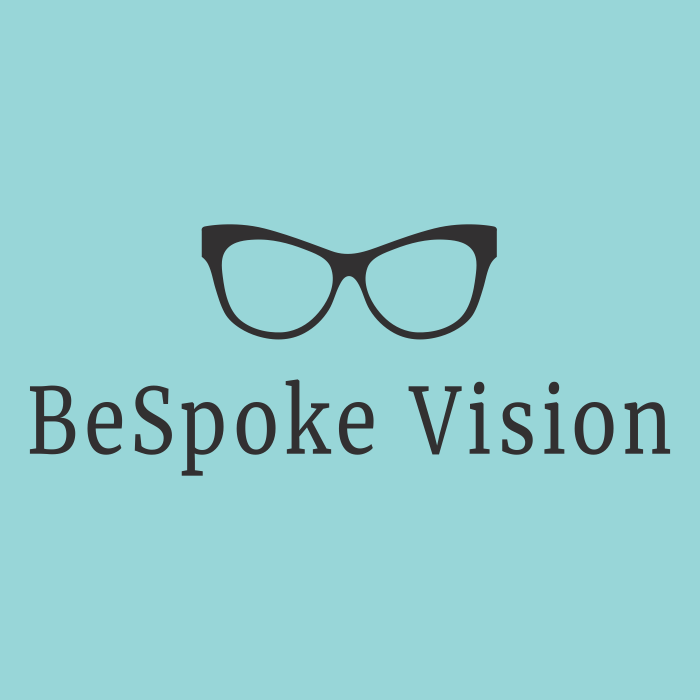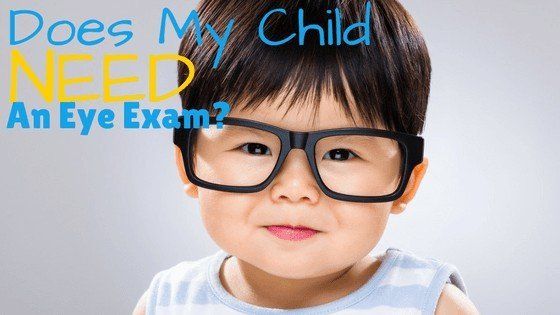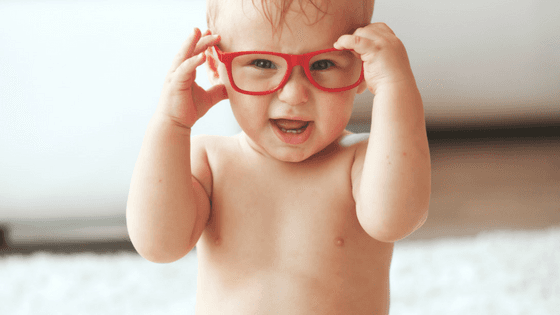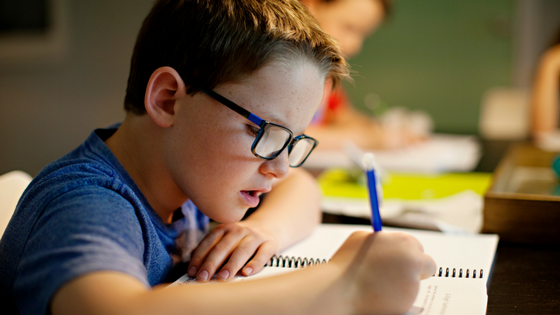When Should My Child Have Their First Eye Exam?
School's out for summer! With a little extra free time and flexibility in your schedule, now is the perfect time to bring your kiddos in for their eye health exams. Most parents will logically assume that since their child hasn’t had any complaints, they must not be having any problems - or that their child is simply too young to need an eye exam. Think again!
A common question parents will ask us is simply, “How old does my child have to be to have an eye exam?” Most people are surprised to find out that it is recommended that your child be seen by an eye health professional for the first time at 6 months old.
This is especially important if your baby was premature or had any other birth defects. And not to worry if you don't have any insurance - there are many eye clinics who participate in a program called InfantSee which provides free eye exams for children up to 12 months of age.
While it might seem odd to bring them in this early since they are not even able to speak yet, these exams are focused mainly on the health of the eye and detecting early signs of eye and vision disorders as well as certain types of tumors and diseases. After this, your child should be seen again at 3 years old, again before starting the first grade, and then every year unless otherwise recommended by your doctor. Check out All About Vision for more information on what to expect during infant and toddler eye exams.
So why is it so important to have your child’s eyes checked even if they haven't voiced any complaints or aren’t at an age to even make any?
No complaint doesn’t equal no problem -
Just because your child has not voiced an issue doesn’t always mean they aren’t having one. A good majority of the time vision and eye problems will go undiagnosed/overlooked because a child simply doesn’t know how to explain that they are having trouble.
What’s more, if they have had an undiagnosed visual need for most of their lives, they won’t realize the blurriness they see isn’t that way for everyone else or that an unblurry world is even a possibility.
Disease detection -
Eye exams don’t only check to see if there is a need for glasses. The health of the eye both inside and out is a major component of your visit. Many eye diseases do not present any symptoms at all until irreversible damage or vision loss occurs.
Furthermore, the eyes aren’t only the windows to your soul, they can also tell your eyecare provider a lot about the health of the rest of your body as well. For example, did you know diseases such as diabetes can be detected through eye exams?
Even brain tumors are often first diagnosed by a trip to the eye doctor.
Early correction of visual needs -
Addressing problems such as a lazy eye or eye turn early can oftentimes help to correct the issue or at least keep things from progressing.
The same can sometimes be true of children who need to wear reading glasses at a young age - if their visual needs are met and tracked early on, they may outgrow the need for glasses.
Poor vision can lead to poor performance in school - Undetected vision and eye conditions can obviously impact your child’s life in a multitude of ways. If they are struggling in school - especially if they have always been a good student- this could signify an underlying visual need that isn’t being met. This could range between anything from a need for glasses to an eye muscle that isn't functioning correctly.
Curious what some signs might be that your child could need glasses or other vision therapy? Here are a few common symptoms to be on the lookout for.
- Squinting or standing close to objects
- Rubbing eyes a lot
- Extreme light sensitivity
- Constant redness of the eyes
- Poor ability to follow or track an object
- Misalignment of the eyes or a visible eye turn
- Trouble reading the blackboard at school
- Complaints of headaches or eye pain
- Poor performance in school or an aversion to reading, coloring, or puzzles
- Pupils showing up as white instead of red in photos - see this article from the
American Academy of Optometrics for more information.
If you have any questions or concerns regarding your child’s eye health and vision or what to expect from their first eye exam, please feel free to give our office a call. We’d love to hear from you! 405-341-2062





